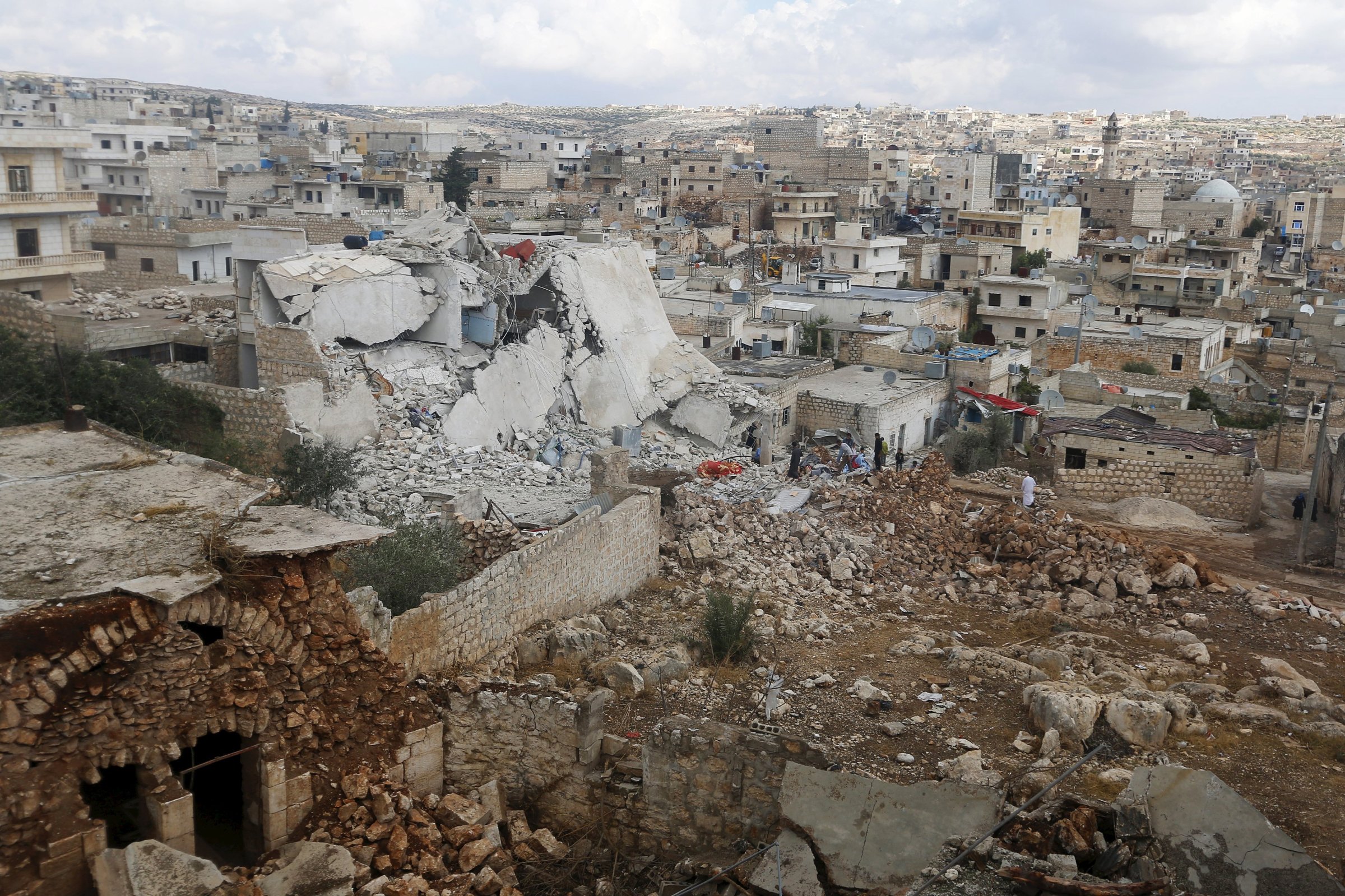
The four-year civil war in Syria became even more complex after Russian President Vladimir Putin ordered airstrikes on Sept. 30. Iran, the Lebanese militia Hizballah, Qatar, Saudi Arabia and Turkey are also playing important roles in the war. To further complicate matters, there are dozens of rebel groups fighting the regime of Syrian President Bashar al-Assad, some of whom have also fought each other. This is a war far from any resolution. Here are some reasons why the conflict is so fraught:
How did the war start?
Assad became President in 2000 after the death of his father Hafez al-Assad, who ruled for 30 years. Following the uprisings against rulers in Tunisia and Egypt during the 2011 Arab Spring, Syrians began to protest their authoritarian regime. Assad and his supporters cracked down on dissent violently and held on to power unlike leaders elsewhere. Hitherto peaceful protest then developed into an armed revolt.
Rebels and deserters from the Syrian army formed the first of scores of rebels groups, the Free Syrian Army in 2011.
Assad’s forces retreated to their strongholds in Damascus and other major cities and areas along the Mediterranean coast and Lebanese border. The rest of Syria fell under the shifting control of rebel groups, criminal gangs and tribes.
Who is fighting in Syria?
Al-Qaeda in Iraq saw potential in the chaos and sent fighters into Syria. The group split between what was to become the Islamic State in Iraq and Syria (ISIS) and the al-Nusra Front. The two remain enemies, although ISIS now controls almost half of the territory of Syria.
Under the apparent leadership of Abu Bakr al-Baghdadi, ISIS focused on taking and controlling territory from which ever groups stood in its way: the Syrian government, rebel groups, Kurdish groups and tribes.
International support focuses on the Syrian National Coalition, which is a political entity supported by dozens of armed groups including the Free Syrian Army.
Kurdish groups have been under attack, particularly by ISIS, but the Kurdish forces have since reclaimed most of their territory lost to ISIS along the border with Turkey; in particular, the town of Kobani, which ISIS seized in 2014.
International Involvement
Until 2015, Western countries avoided being overtly involved in the Syrian war. Russia and Iran continued their support for Assad, a longtime ally, who also received backing from the Lebanese militia Hizballah. Iran and Russia have supplied money, military aid and advisors, while hundreds of Hizballah fighters have died supporting Assad. Other players wielding their influence include:
United States — The U.S. supports the moderate rebel groups and has begun conducting airstrikes against ISIS, while maintaining its opposition to Assad.
Kurds — Syrian Kurds have received support from Kurds in Iraq, Turkey and the Kurdish diaspora.
Turkey — Turkey has been a major supporter of anti-Assad groups. The country was initially reluctant to confront ISIS themselves, since that would provide indirect support to Kurdish fighters who are supported by Kurdish groups outlawed in Turkey.
Saudi Arabia and Qatar — Both countries support anti-Assad groups and have conducted airstrikes against ISIS, alongside other Arab nations such as Jordan.
So why is Russia dropping bombs now?
Russia has supported Assad throughout the civil war, but it has recently transported modern equipment, advisors and airpower to Syria. Putin may be getting involved deeper because he feels that Assad is especially weak. In September, rebels took the city of Idlib, a major strategic setback, which could lead to a collapse in wider support for Assad.
Russia could also be escalating the conflict in Syria for domestic reasons. TIME’s Simon Shuster reports that television images of Russian action in Syria have replaced coverage of the Ukrainian civil war as a distraction for Russia’s economic difficulties.
Russia claims it shares the international community’s desire to fight terrorists. Russian foreign minister Sergey Lavrov said: “If it looks like a terrorist, if it acts like a terrorist, if it walks like a terrorist, if it fights like a terrorist, it’s a terrorist, right?”
What have been the results of the Syrian civil war so far?
The battle lines may be continually shifting but the death toll keeps rising. The Violations Documentation Center puts the death toll at over 200,000, while the TheSyrian Observatory for Human Rights says over 310,000 people have died during the conflict. The Internal Displacement Monitoring Center reports that at least 7.6 million people have been displaced within Syria, and there are over 4 million registered refugees from Syria, many risking their lives to get to Europe.
Besieged by ISIS: Photographs From Inside the Syrian City of Deir ez-Zor
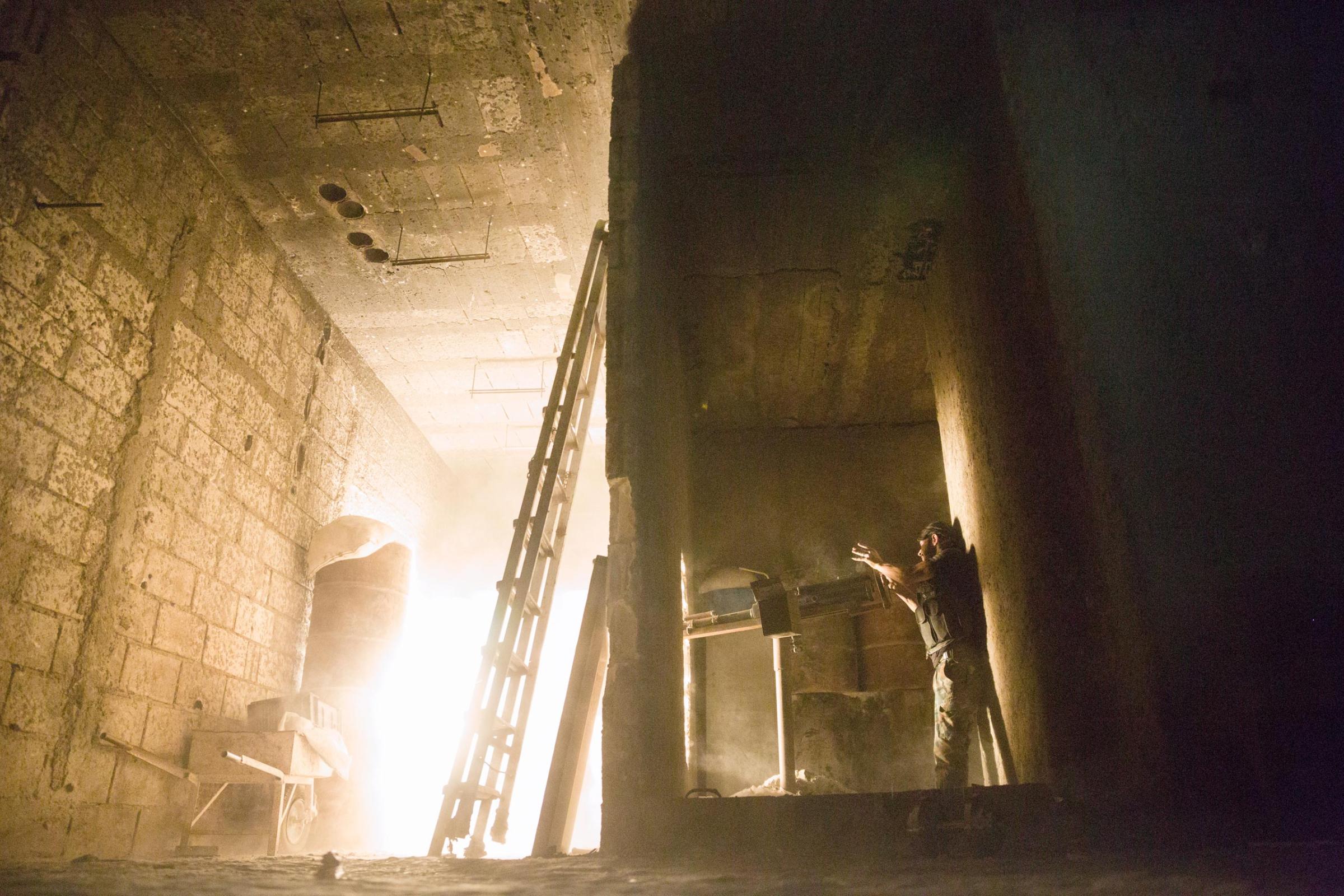
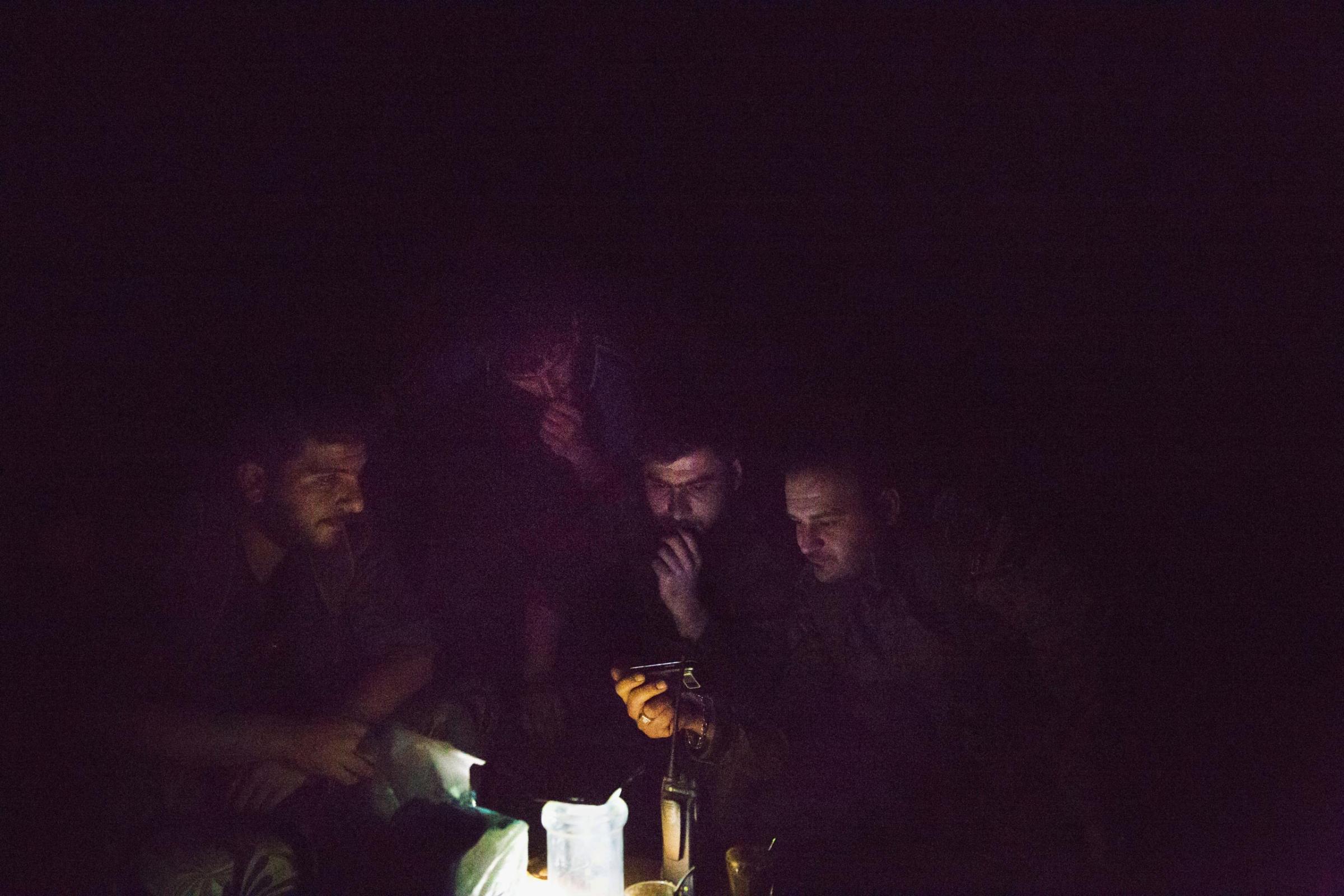
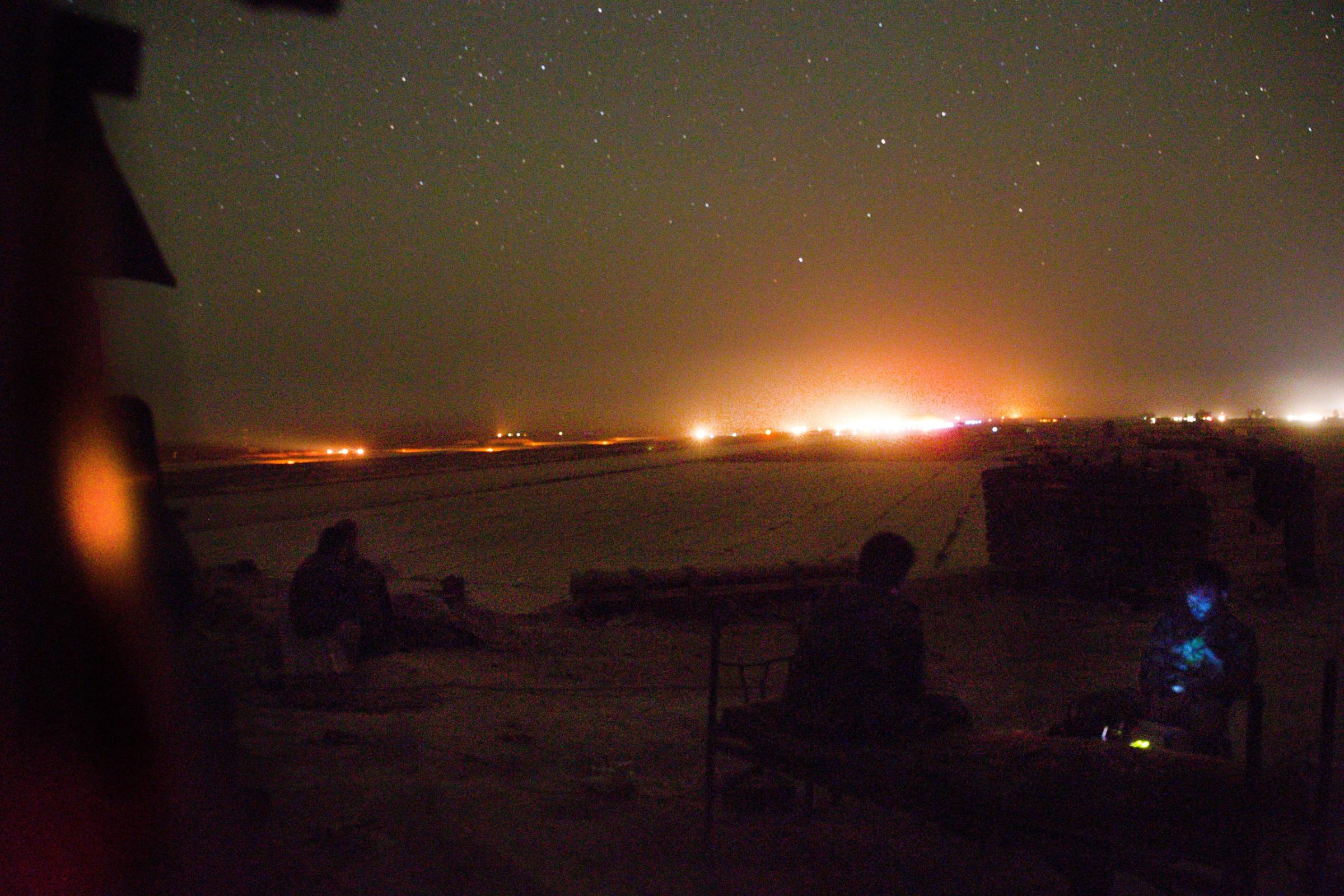
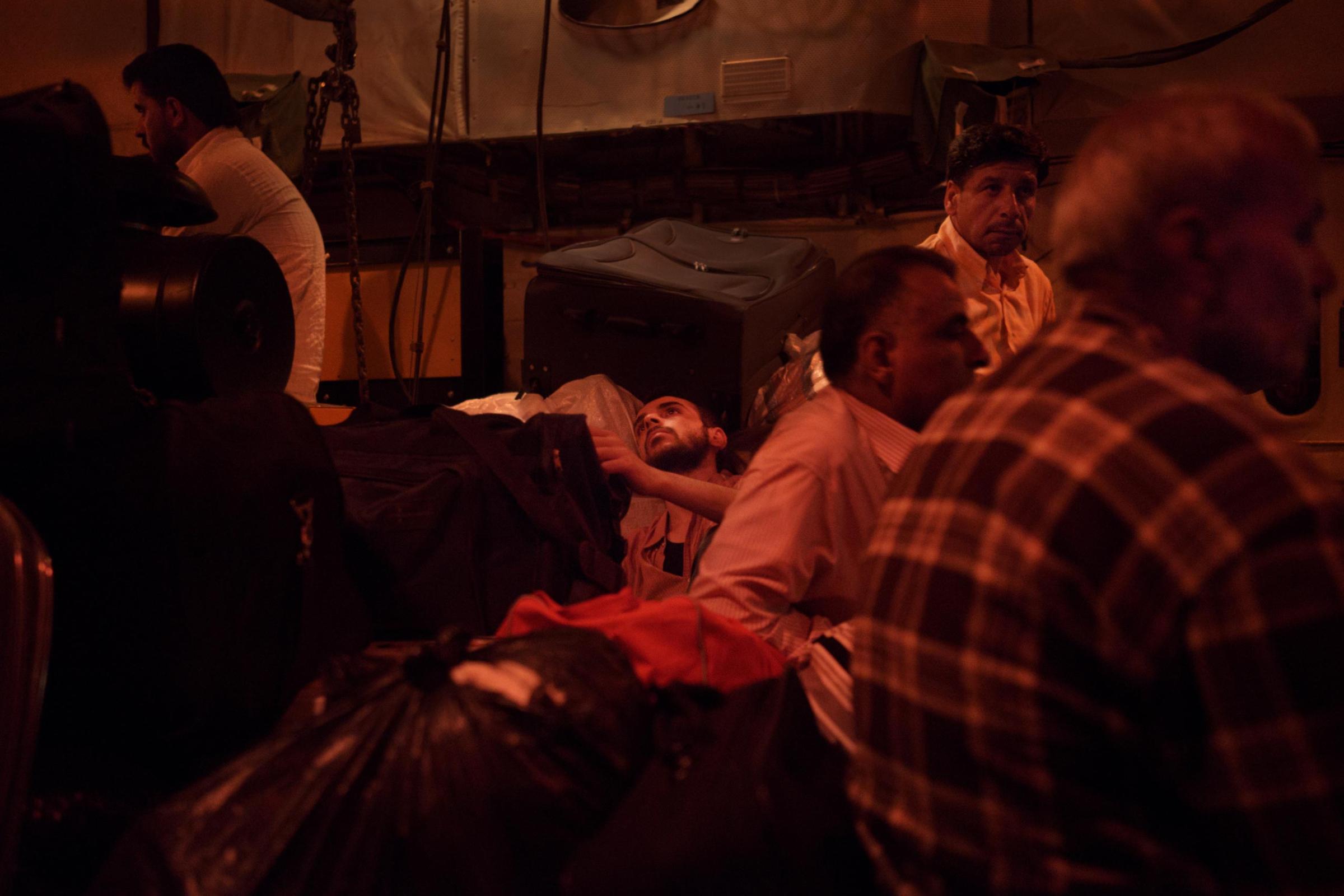
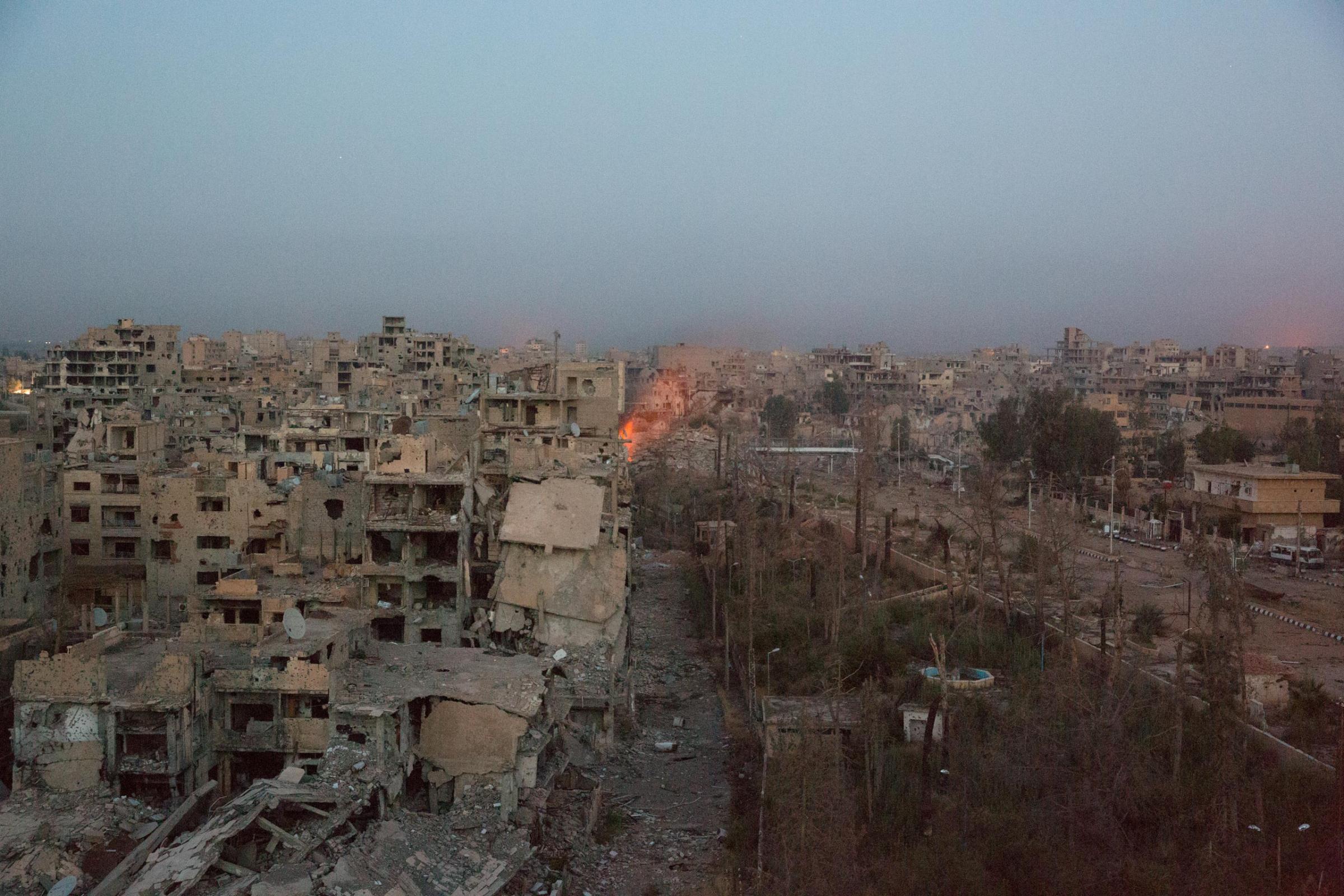
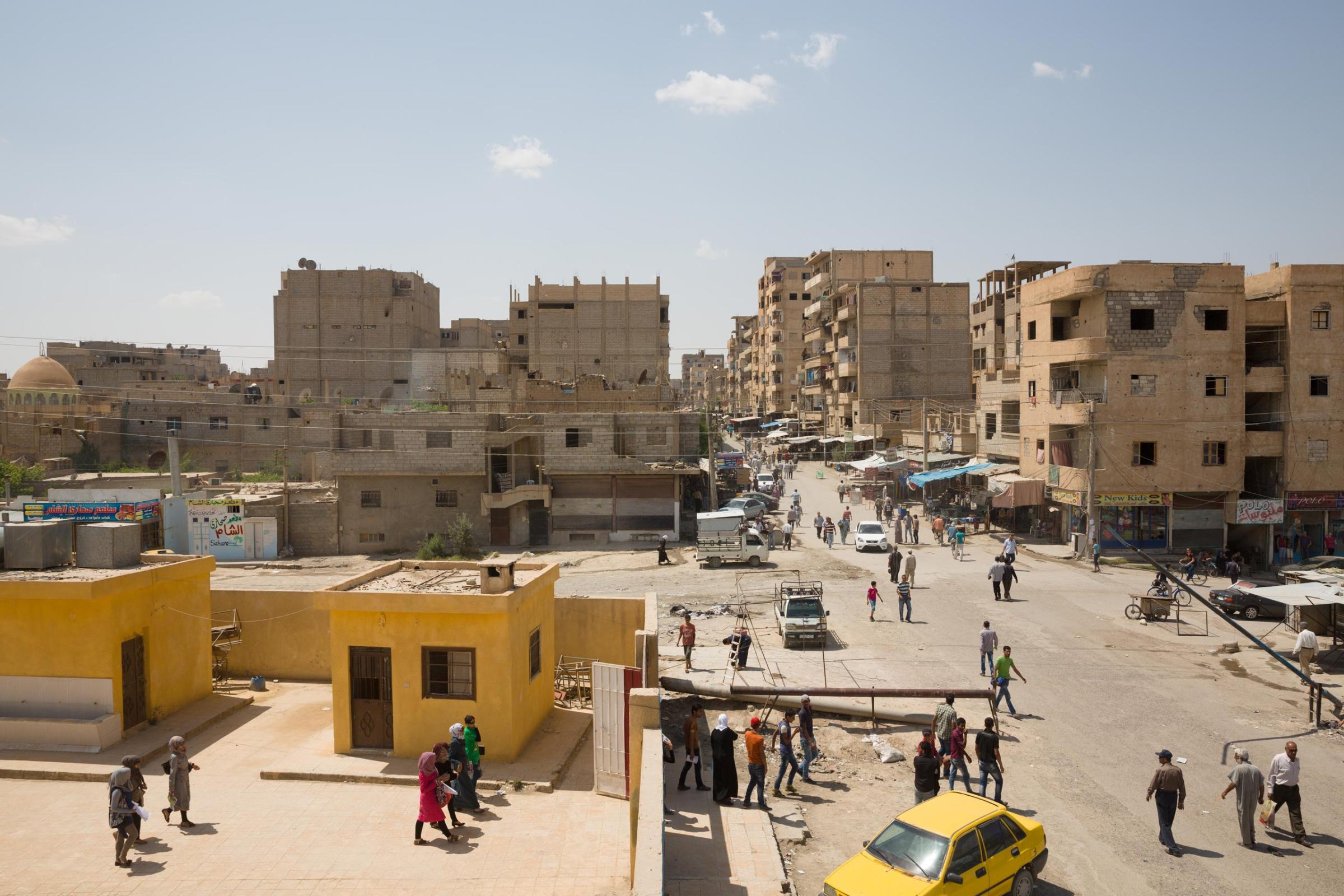
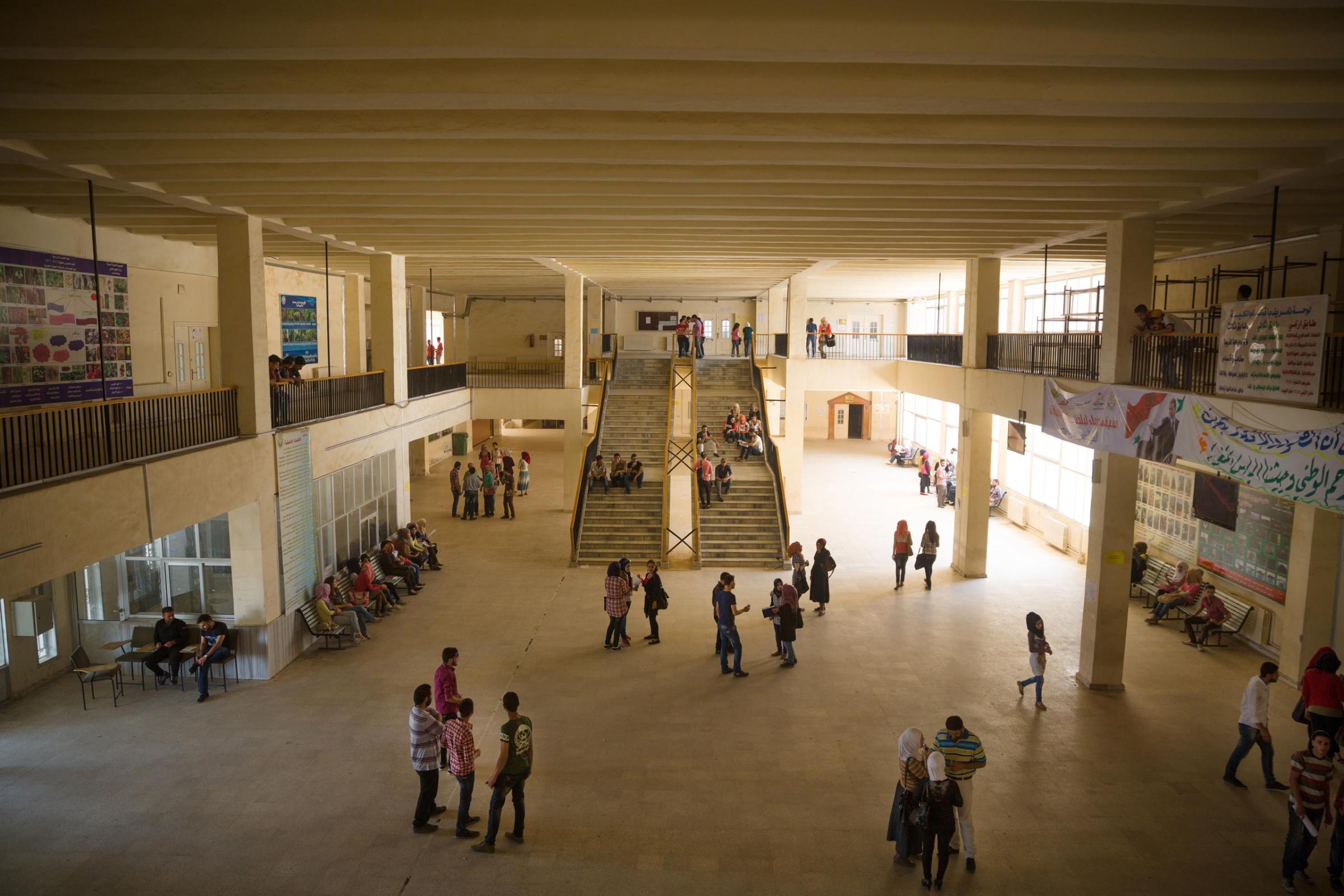
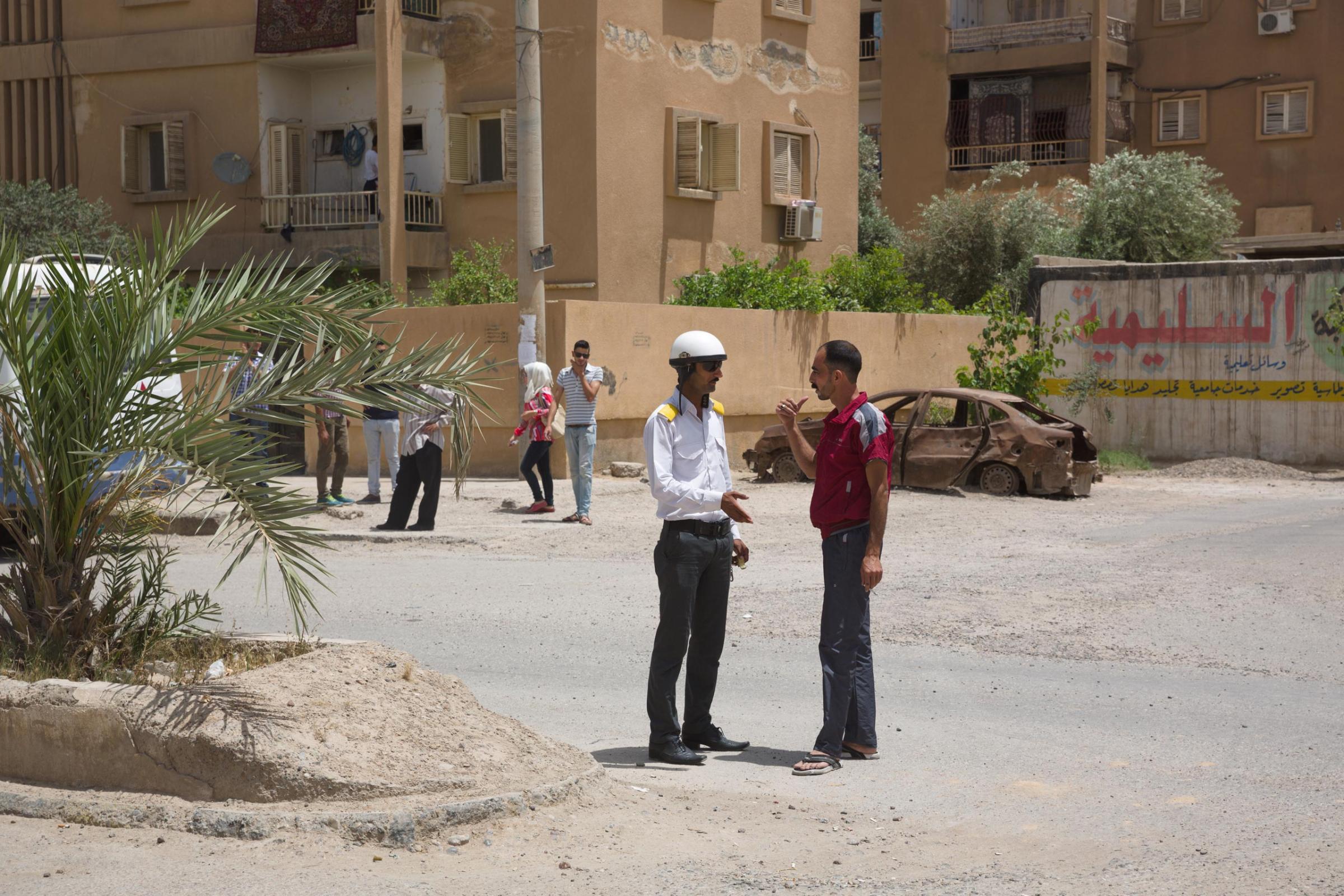
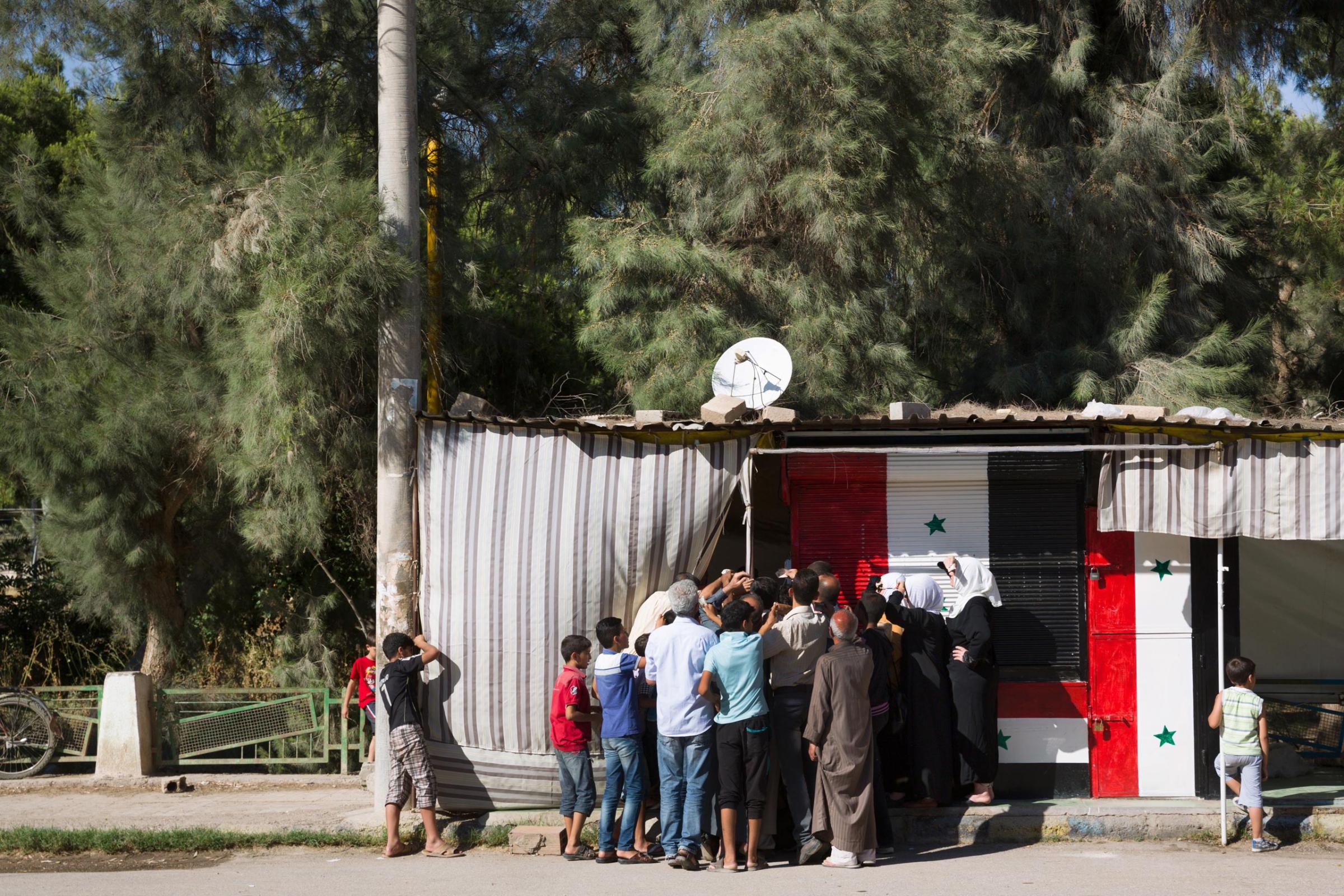
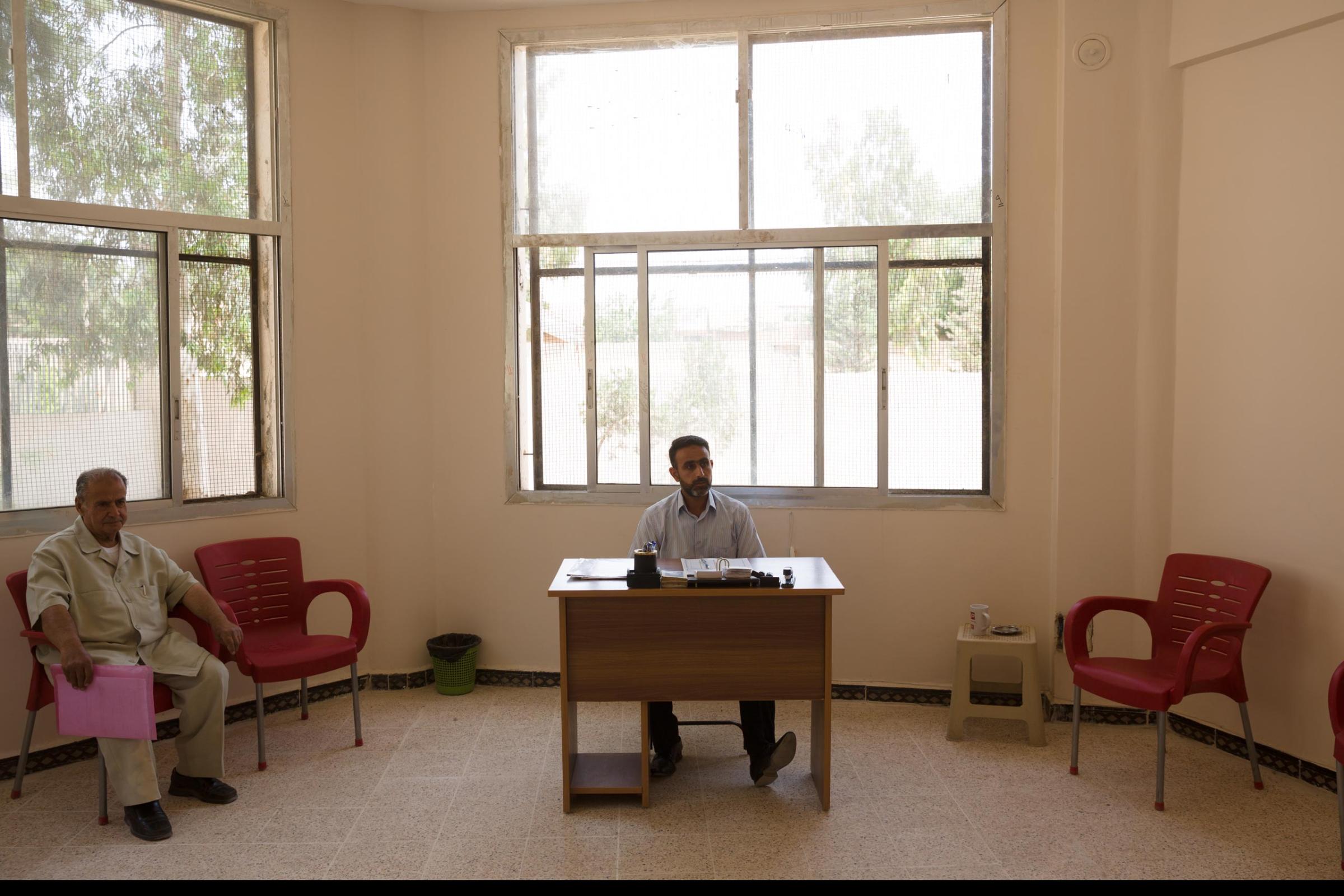
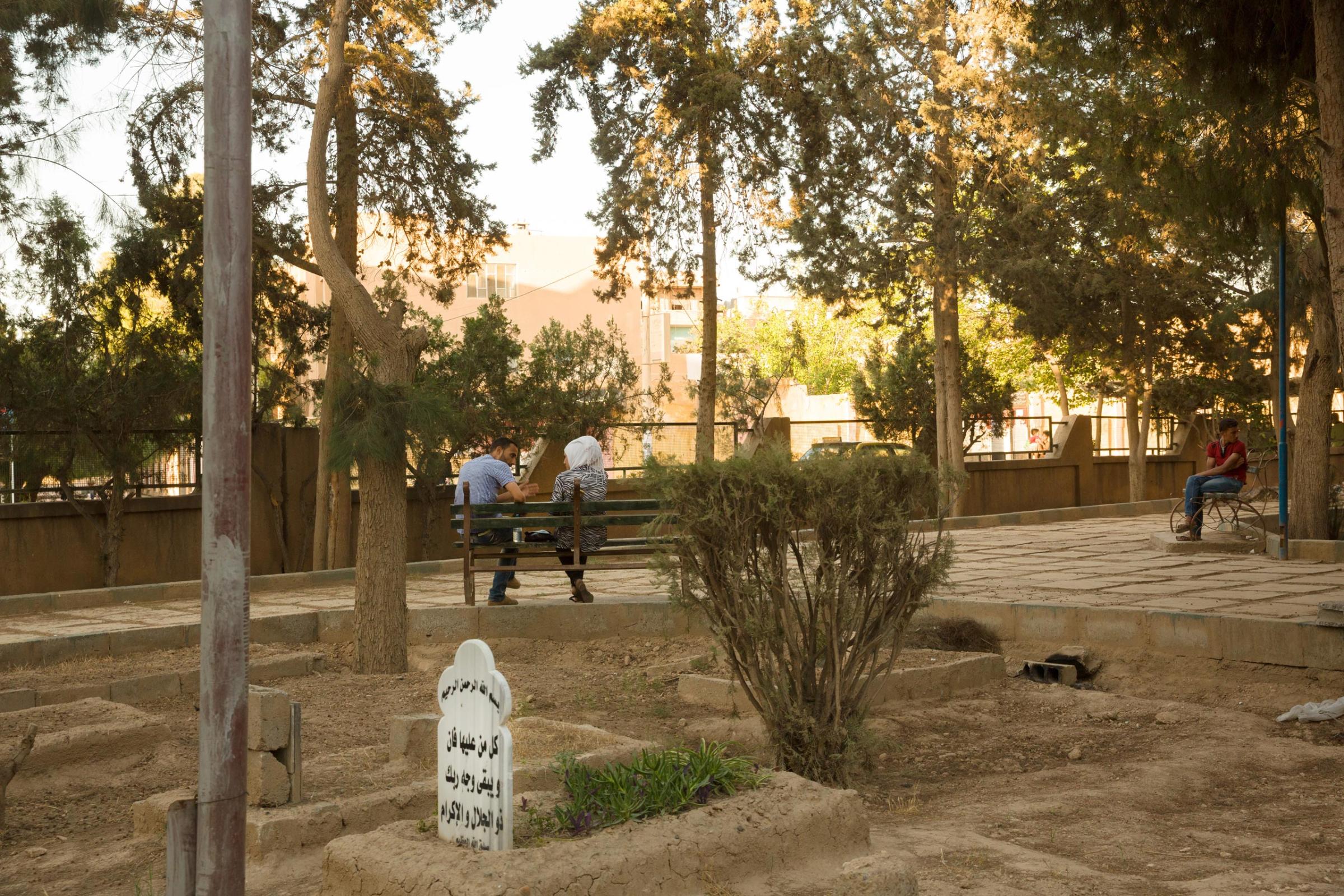
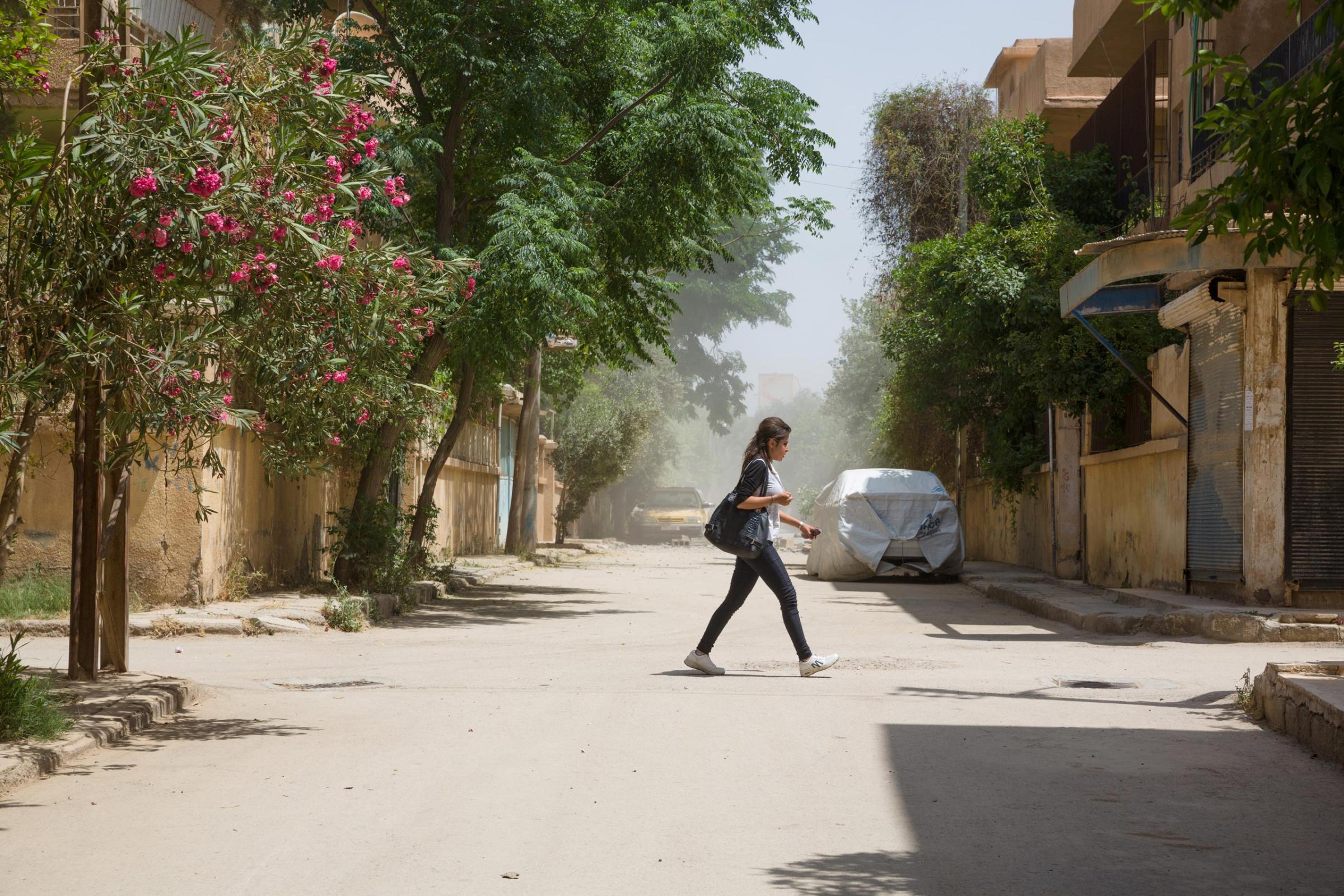
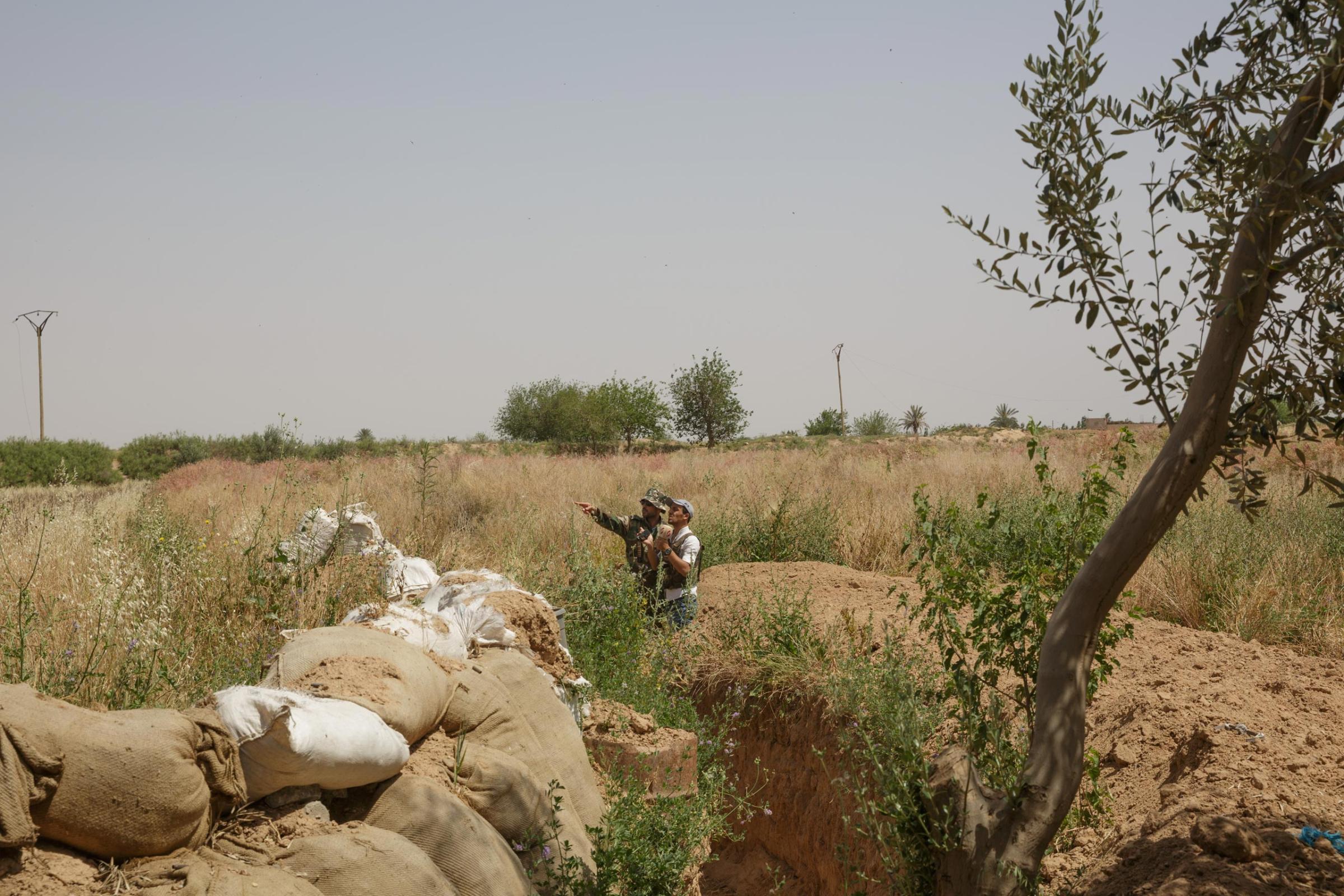

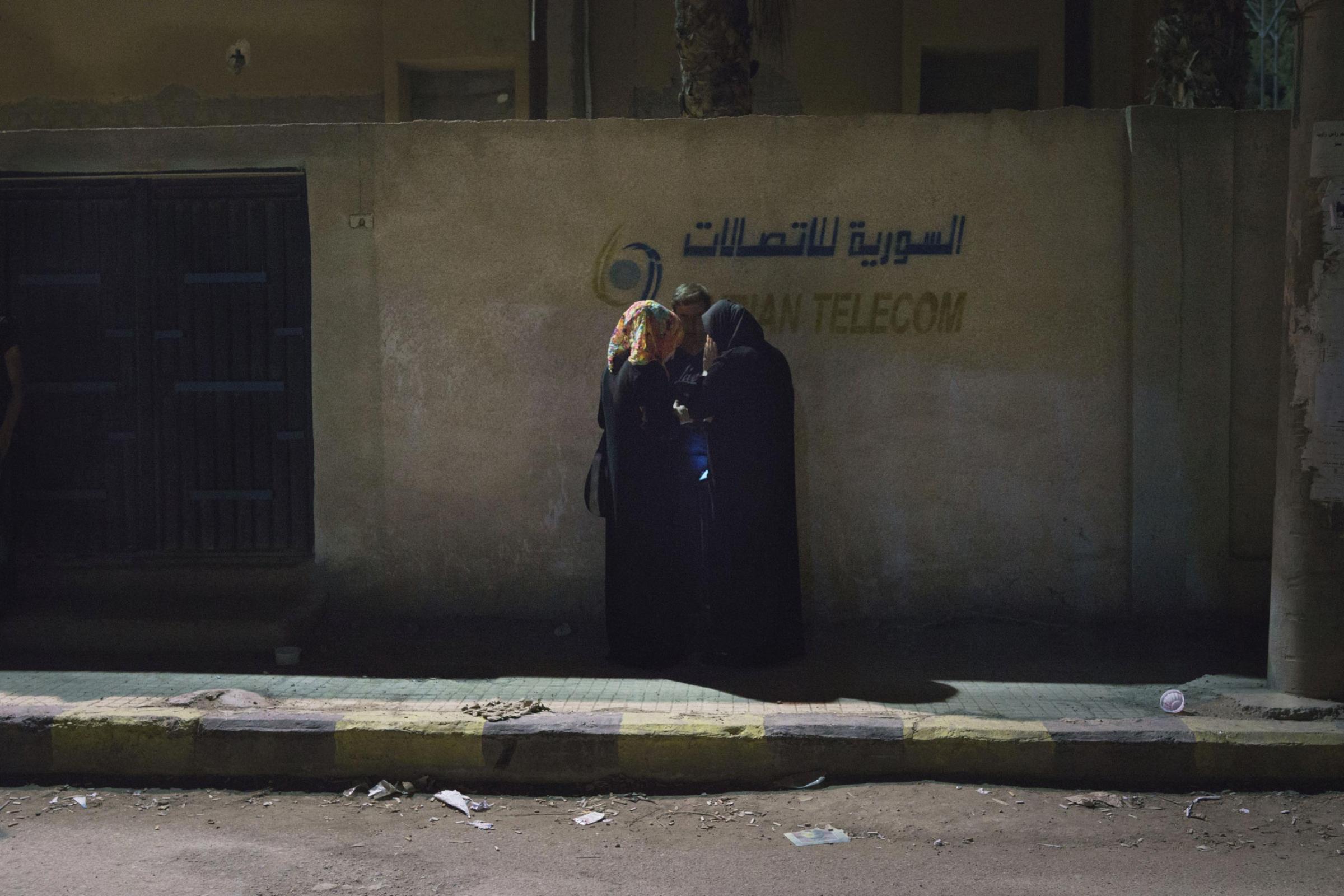
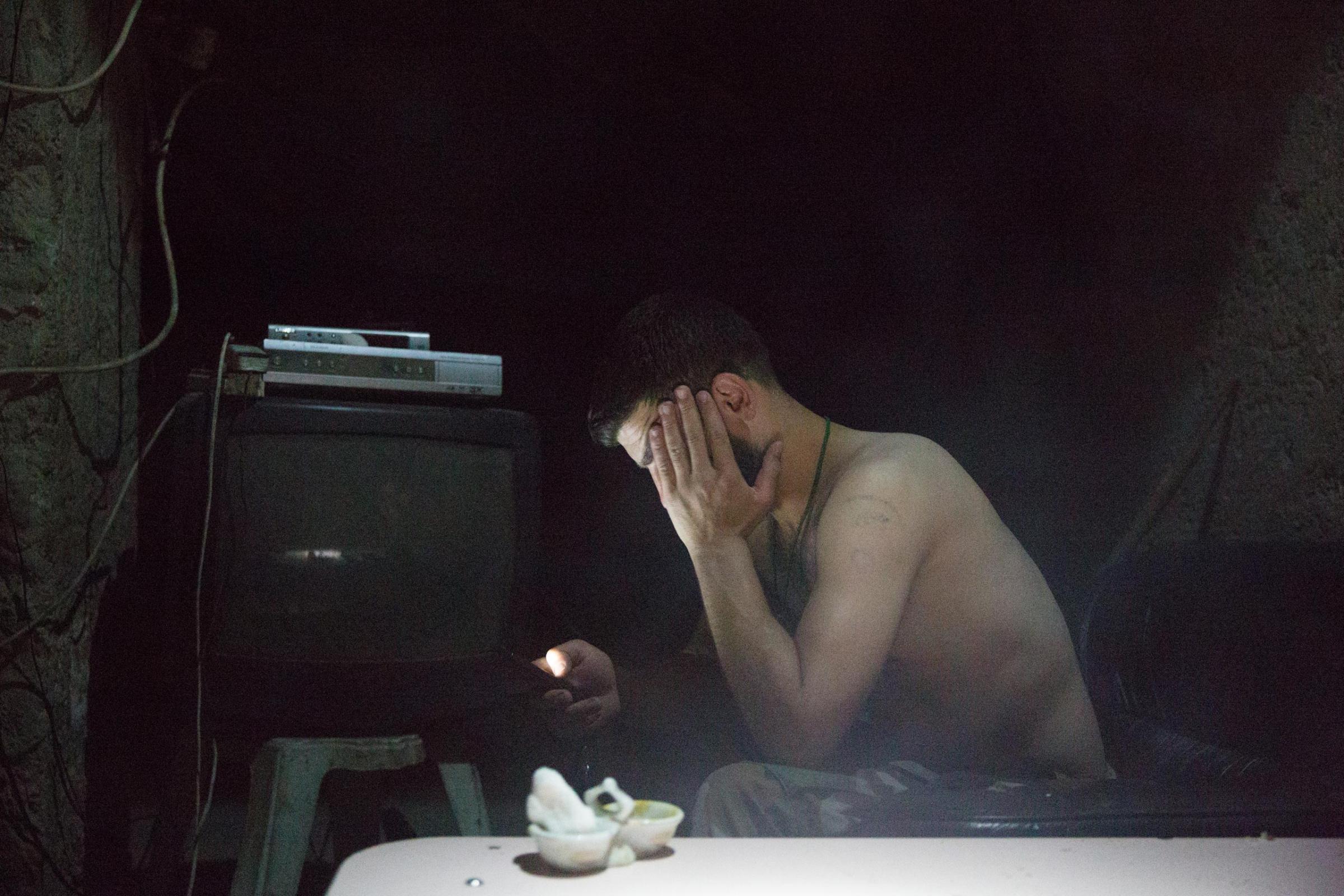
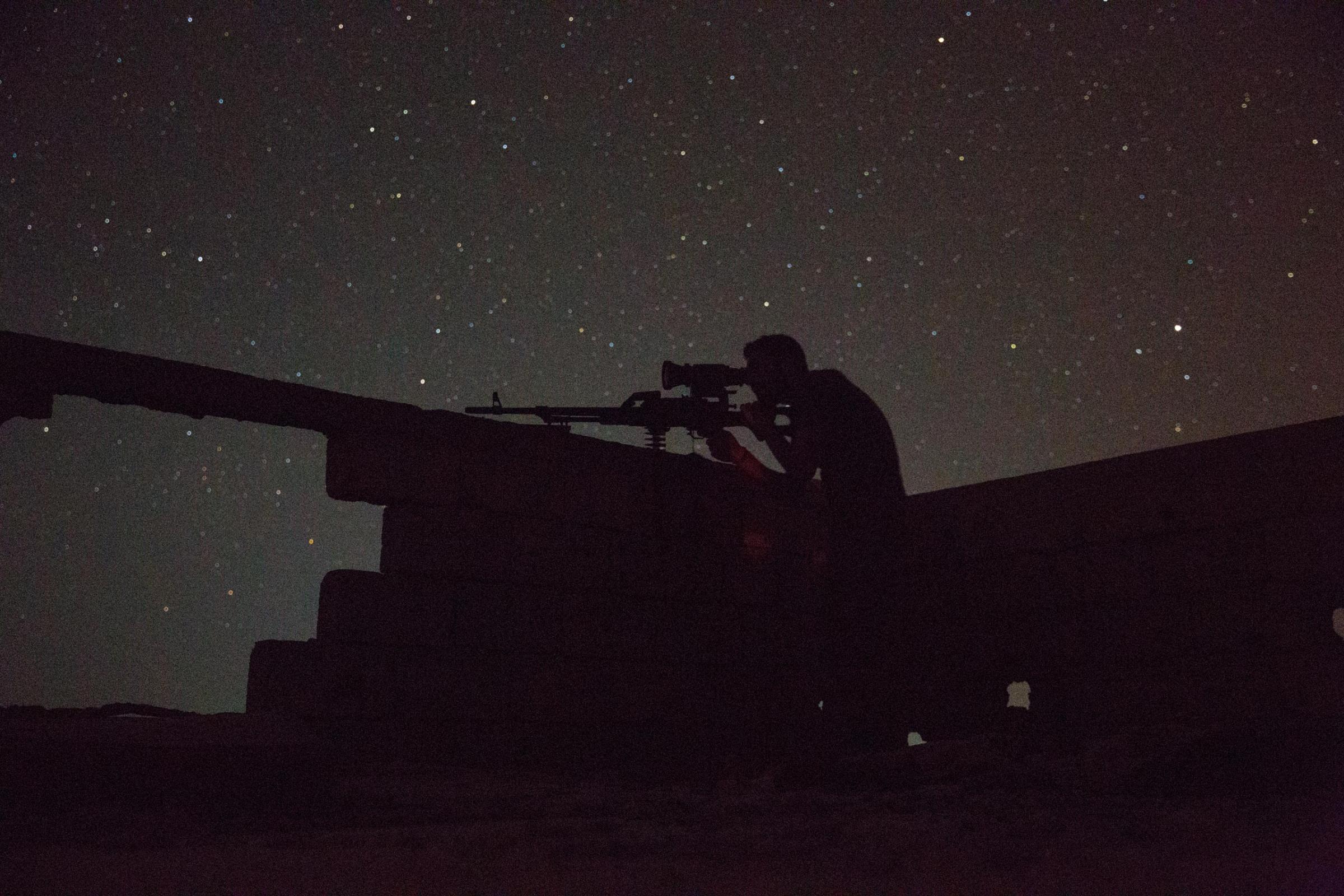
More Must-Reads from TIME
- Where Trump 2.0 Will Differ From 1.0
- How Elon Musk Became a Kingmaker
- The Power—And Limits—of Peer Support
- The 100 Must-Read Books of 2024
- Column: If Optimism Feels Ridiculous Now, Try Hope
- The Future of Climate Action Is Trade Policy
- FX’s Say Nothing Is the Must-Watch Political Thriller of 2024
- Merle Bombardieri Is Helping People Make the Baby Decision
Write to Julia Zorthian at julia.zorthian@time.com